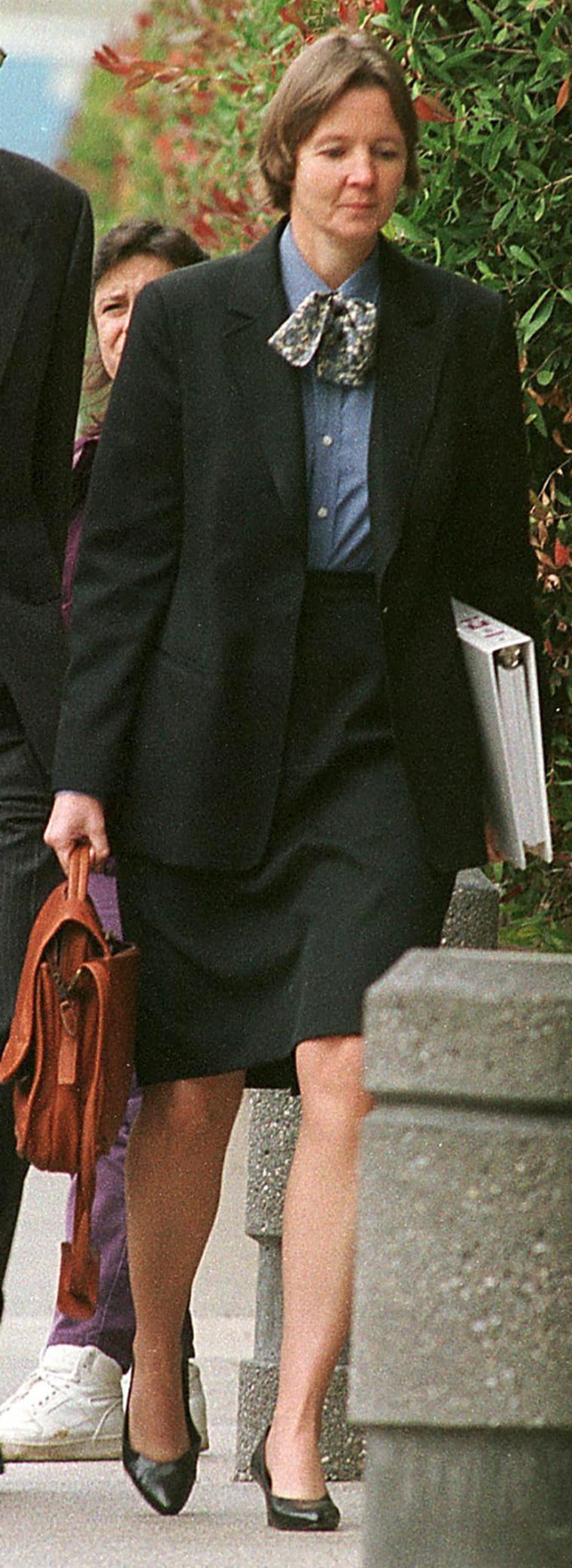A string of deeply disturbed, startlingly violent people have been defended by Judy Clarke, the plain-spoken former public defender who is now representing Jared Loughner. If her history serves as any guide, she will spend an inordinate amount of time befriending one of the most reviled men in America, listening to his concerns (about the gold standard, maybe, and the government’s grammar conspiracies), asking him about prison life, looking for the humanity amid the mental rubble. He may or may not appreciate that Clarke is the best thing that could ever happen to him. And in all likelihood, the very best outcome she’ll be able to hope for will be getting 22-year-old Loughner, who stands accused in the shooting of congresswoman Gabrielle Giffords and 13 others and killing six, locked up for the rest of his natural life.
Clarke’s specialty, as Time and other outlets have pointed out, is getting to know the most hated members of society and persuading them and prosecutors to skip trial, avoid the death penalty, and agree to life in prison. Among her charges have been Unabomber Ted Kaczynski; Eric Rudolph, the Olympic park bomber; and Susan Smith, the South Carolina woman who drowned her two boys in 1994. All defense lawyers need to gain the trust of their clients to be successful, but this task is especially trying in these kinds of cases—lengthy ones in which not guilt but life or death is at issue and in which the client is mentally unstable. Clarke seems to be something of a client-whisperer, one who visits clients daily, listening patiently to the delusional and the cruel, to mass murderers and child-killers, and tries to get them to trust that she’s looking out for their best interests.
I called Ted Kaczynski’s brother, David, to ask him if he had any insights into how Clarke manages to work with clients who are profoundly mentally ill (Ted has been diagnosed as a paranoid schizophrenic). He describes her as compassionate, patient and dogged. “I remember her telling me at one point—it was very poignant—David, you have a very special brother,” he said.
David imagines Clarke meant a few things by that phrase. “Maybe there was some frustration there. He was very difficult to work with” because of his mental illness, he said. “On the other side, it meant that she saw that core of humanity within him,” he added. “And also I think she meant he’s special in that he was almost in a world of his own.”
Under Clarke’s guidance, Ted Kaczynski pleaded guilty and received a life sentence with no chance of parole. And then, he appeared to change his mind. He tried to appeal his guilty plea, saying he was forced to enter it because otherwise his lawyers planned to put on a defense stating that he was "a grotesque lunatic." This, he wrote, would have been “unendurable,” as he is sane. His request for a trial was denied, though it raised questions about whether a client or his attorney should decide strategy in a death penalty defense. What if the very strategy that will save a client’s life is anathema to him—in part because he is so very ill? To save such a murderer from himself is either an act of righteousness or of arrogance, or both. It is certainly a cause that few people could get behind, and it represents a triumph of principle over passion.
David is still in touch with her. “She always asks about mom,” he told me. As for Loughner, he said, “I assume that Judy’s going to have some challenges in working with him. Let’s hope not to the extent with my brother.”
is a former reporter for the Washington Post, now writing in New York. She can be reached at libbycopeland@gmail.com.
This story, "," originally appeared on Slate.com
